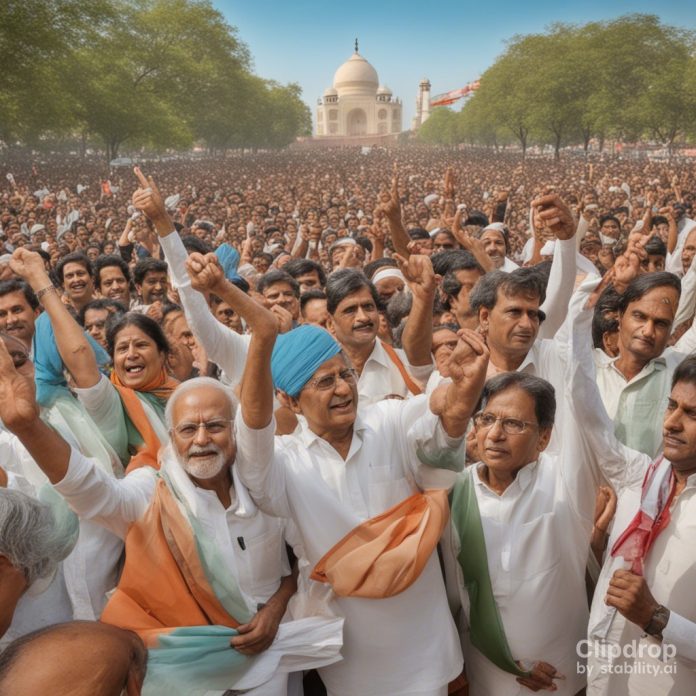Introduction
In the dynamic world of Indian politics, where elections are fiercely contested and power is a constant tug-of-war, information is undoubtedly power. Understanding one’s opponents is crucial for any political party aiming to secure a position of influence and control. This is where the practice of opposition research comes into play. In this blog, we will explore the significance of opposition research in Indian politics, shedding light on the methods, importance, and ethical considerations surrounding the gathering of intelligence on political rivals.
What is Opposition Research?
Opposition research, often referred to as “oppo research,” is a systematic process of gathering information about political opponents to gain a strategic advantage in elections or policy debates. It involves the collection, analysis, and dissemination of data related to an opponent’s record, statements, affiliations, and personal history. This information is then used to shape political messaging, devise campaign strategies, and, at times, expose vulnerabilities that could damage the opponent’s reputation.
The Methods of Opposition Research in Indian Politics
- Public Records Analysis: Much of the information needed for opposition research is available in the public domain. Researchers comb through government records, legislative proceedings, court documents, and news articles to gather data on the opponent’s voting record, speeches, financial transactions, and legal issues.
- Social Media Scrutiny: In the digital age, politicians are increasingly active on social media platforms. Opposition researchers closely monitor their rivals’ social media accounts to track their statements, positions on issues, and public sentiment.
- Whistleblowers and Leaks: Sometimes, insider information can be a goldmine for opposition researchers. Whistleblowers and leaks from within an opponent’s camp can provide valuable insights into their strategies, financial dealings, and internal conflicts.
- Surveys and Focus Groups: Conducting surveys and focus groups can help gauge public opinion about an opponent, identify potential weaknesses, and test messaging strategies.
- Background Checks: Opposition researchers may delve into the personal history of political rivals, looking for any past controversies, criminal records, or ethical lapses that can be used to discredit them.
The Importance of Opposition Research
- Strategic Advantage: Information is power in politics. Having a comprehensive understanding of an opponent’s positions, vulnerabilities, and public image allows a political party to craft a compelling counter-narrative and campaign strategy.
- Issue-Based Campaigning: Opposition research helps parties identify key issues where their opponent is weak or vulnerable. This enables them to focus their campaigns on those issues, resonating with the concerns of the electorate.
- Protection Against Surprises: By uncovering potential controversies or scandals early on, parties can prepare responses and mitigate the damage to their candidate’s reputation.
- Transparency and Accountability: Opposition research can expose any inconsistencies between what a candidate promises and their past actions, promoting transparency and accountability in politics.
Ethical Considerations
While opposition research is a common practice in politics, it is not without ethical concerns:
- Privacy: Delving too deeply into an opponent’s personal life can cross ethical boundaries and invade their privacy. Researchers must exercise caution and adhere to legal standards.
- Truthfulness: While presenting information about political rivals, it is crucial to ensure accuracy and avoid spreading false or misleading information.
- Accountability: Political parties and researchers should be held accountable for any unethical or illegal activities associated with opposition research.
Conclusion
In Indian politics, opposition research plays a pivotal role in shaping election outcomes and policy debates. It empowers political parties with the knowledge needed to effectively challenge their rivals. However, it is essential to conduct opposition research ethically, respecting privacy and maintaining a commitment to truthfulness. Ultimately, a well-informed electorate benefits from a robust democracy, where candidates are held accountable for their actions and decisions.

